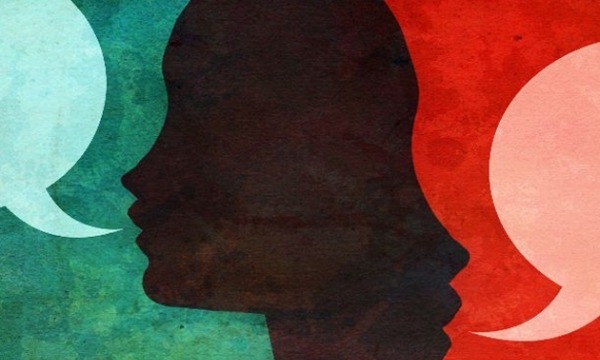Strong brands ultimately have four classic effects on markets. First, they reduce acquisition costs. Amazon, for example, has a much lower marketing spend per consumer transaction than its less prominent internet rivals because it invested heavily in its brand equity from the outset.
Second, strong brands create relationships between consumer and producer and these relationships are very beneficial. A consumer walks into a sandwich shop at 2pm looking for an egg sandwich, she discovers that all the egg sandwiches are sold out, “What a useless sandwich shop!” she later tells all her friends.
Meanwhile, a brand-loyal consumer walks into Pret A Manger at 2pm looking for an egg sandwich. She discovers that all the egg sandwiches have been sold, “Ah,” she exclaims, “I got here too late”. Brands guarantee performance, but as the sandwich example demonstrates, brand relationships also influence the perception of that performance.
Third, strong brands increase loyalty and this loyalty leads to increased customer retention. Tony O’Reilly, as chief executive of Heinz, had the simplest definition of brand loyalty. A consumer walks into a supermarket looking for beans. There is every brand of beans available except Heinz.
She leaves without any beans. Strong brands are not only able to attract consumers for less, they are likely to keep them loyal for longer too.
And finally, consumers expect to pay more for strong brands. Intel has a small army of consumer researchers stalking the malls of the US for consumers about to buy a PC with ‘Intel Inside‘. These consumers are then offered a machine that is identical to their choice, except it uses an equally powerful non-Intel processor chip. How much cheaper would the non-Intel machine need to be for the consumer to put down Intel PC and take the alternative? The answer is usually between 20% and 30%. Like most people, PC consumers expect to pay more for the brand leader and that price premium is the final icing on the cake for manufacturers of strong brands.
These effects are now increasingly used on a very different audience: employees. If a company has a strong employer brand and leverages it correctly these same four factors can also take effect in the war for talent. With a strong employer brand the costs of employee acquisition decrease markedly.
The relationships between employees and employer improve dramatically.
The average length of employee retention also extends. Best of all, companies can attract the same caliber of people and yet offer significantly lower salaries than competitors with weaker employer brands.
It’s a powerful combination and yet most human resources departments are still struggling with the challenges of understanding, measuring and then positioning their employer brands. The challenge of employer branding is not to train HR in branding, but rather to attempt a rare unification between marketing and HR. In most companies these two groups remain independent of each other. Firms that can unite these disparate departments behind the power of the brand will win the war for talent.
The Blake Project Can Help: Please email us for more about our brand culture expertise.
Branding Strategy Insider is a service of The Blake Project: A strategic brand consultancy specializing in Brand Research, Brand Strategy, Brand Licensing and Brand Education





2 comments
Roger
September 24, 2008 at 2:15 am
It would be interesting to look at attrition rates for the various types of people big brand companies attract. Sure, Coke (as an example) might be a strong HR brand for someone looking for early career training in Sales & Marketing but I would have thought that the Coke brand is the very reason stopping Coke from keeping a hold of experienced, creative, entrepreneurial people (which might in part explain why they have to keep buying brands). I think a brand can work against you reinventing your organisation as it tends to attract similar types of “big brand” people.
Kevin
September 24, 2008 at 5:30 pm
Any books you particularly like regarding employer branding?
Comments are closed.